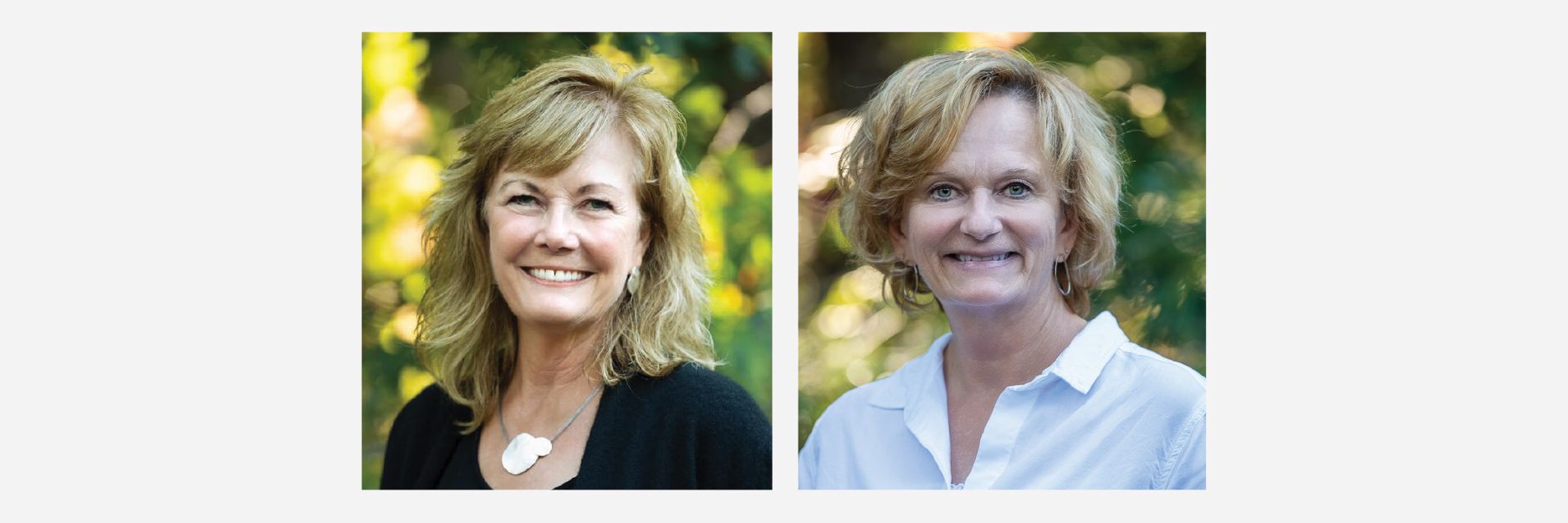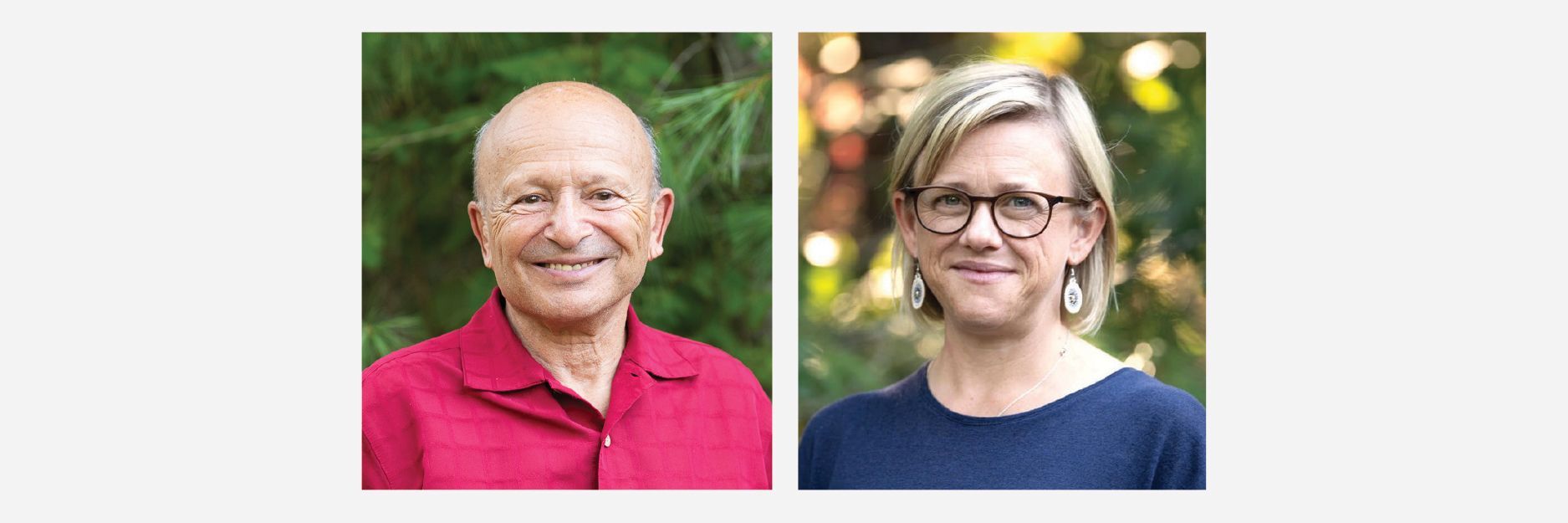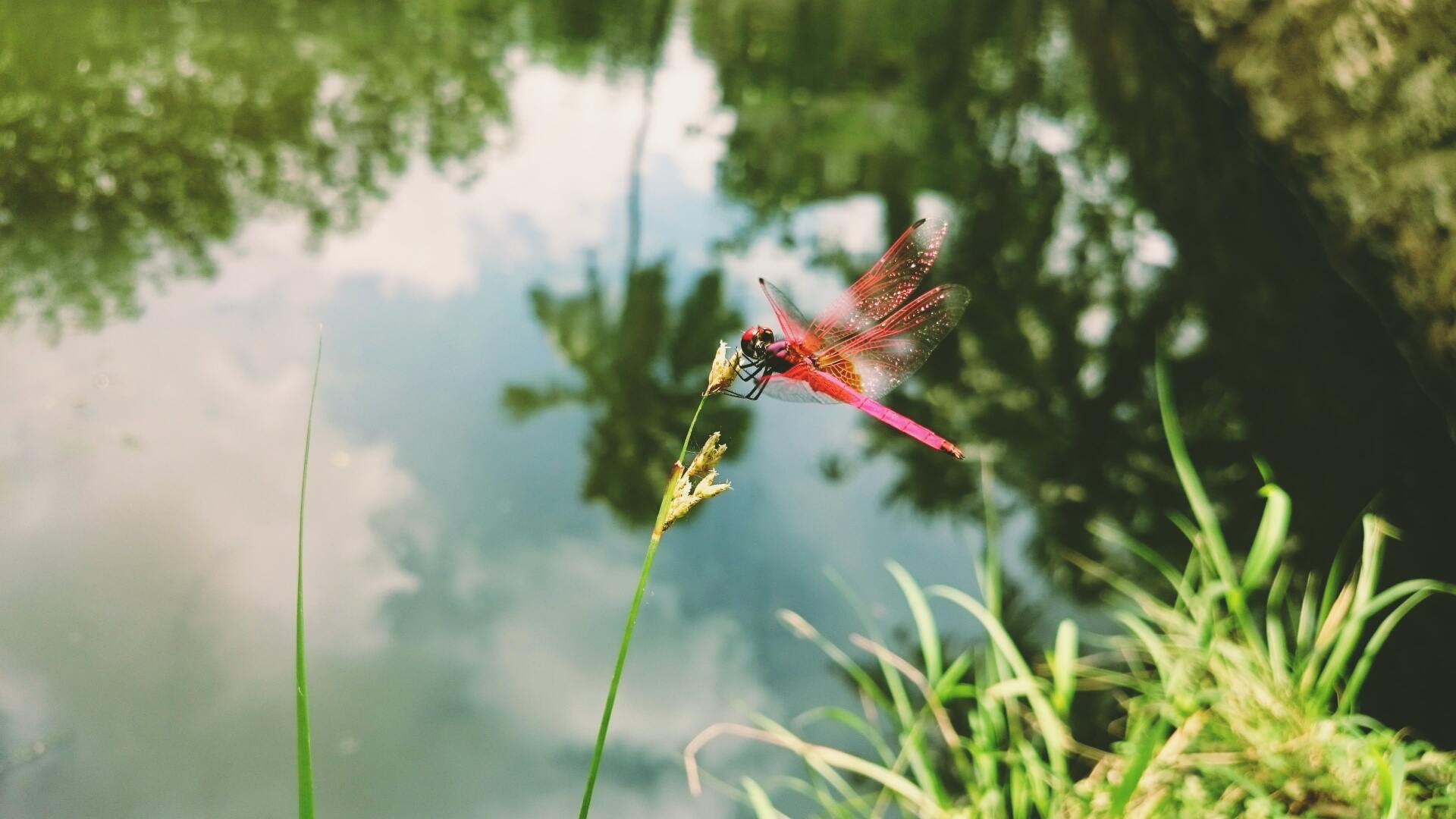Slowing Down
Nancy Rutkowski • March 30, 2018
...

As winter gives way to spring, I find I’m learning to slow down and breathe again. It seems like such a simple act but hard to maintain, and one I easily forget.
So I’ve taken to getting up most mornings and watching the sunrise. I’m lucky to have a second-story room that faces east. Three large windows look onto four magnificent white pines, nearly twice as tall as my home. I’m watching this morning as I write to you.
There’s something about the sunrise that makes the relearning easy, especially with the many sunny days we’ve had here lately. Maybe it’s because the sun compels me to surrender to its beauty, to give up thinking and doing and to simply be.
No matter how many sunrises I watch, each one is different. Even now I find myself putting down my writing tablet. I don’t want to miss any part of this experience. I want to see each shift in color, each increase in intensity, each new pattern that emerges.
This isn’t unlike how we are with our clients. Slowing down and attending to “what is” gives us a window onto the nuances of our clients’ experiences, the shifts in expression, color, tone, or breath. Slowing down helps us to see and be with them in the many difficulties they must bear.
And it helps us to bear ours as well.
I remember as a child lying on the couch with my back to the world, tracing my finger over vines of ivy in the fabric’s raised surface. I can see now how, even then, I was learning to slow down and bear the weight of a chaotic world. I was learning to regulate myself.
The winter has been a difficult one for many of us, challenging our capacity to simply be. The world seems increasingly more chaotic and unpredictable, existential threats increasingly real. Maybe you, too, got caught up in chasing the news and forgetting to breathe.
I’m reminded of a quote from Moshe Feldenkrais, “You can’t do what you want until you know what you’re doing.” I would add to that, and we can’t know what we’re doing unless we slow down long enough to notice.
To those of you who do not know me, let me briefly introduce myself. I’ve been involved with GISC since the Center opened its doors in 2002, and for over a decade before that I participated in a supervision group led by GISC senior faculty. I have a coaching and psychotherapy practice in Bloomington, Indiana, a daughter and a grandson in Myanmar, and a cottage on Lake Superior where, during the summer, I watch the sun rise over the lake every day. I’ve watched the Cape Cod Model develop over the decades, and I’m thrilled to be a part of a program I wholeheartedly believe has the power to change lives. I look forward to meeting and greeting you in person as time goes by.
Nancy Rutkowski
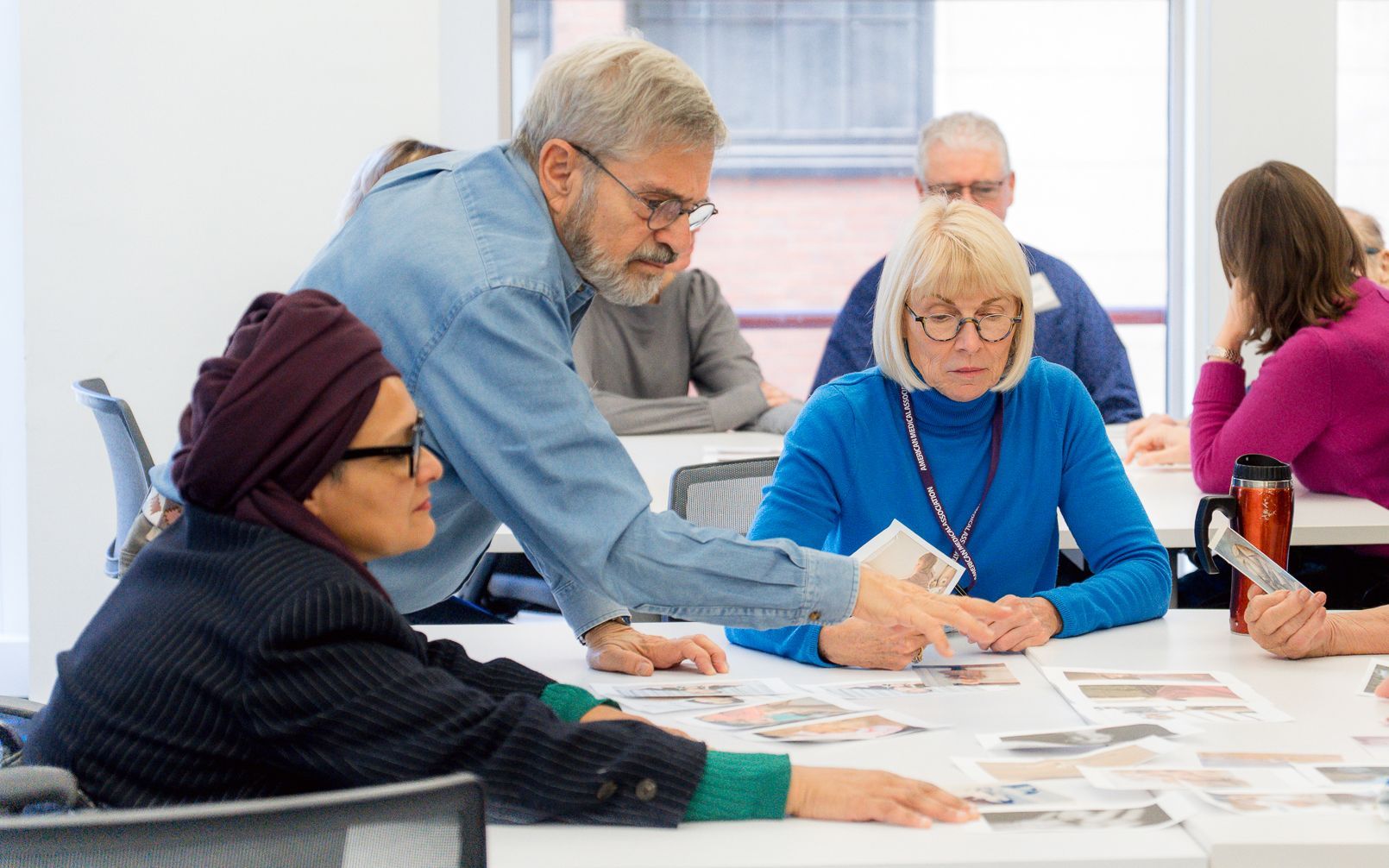
Dear Friends, Thank you for your ongoing support of GISC and for being an essential part of our global learning community. Each year, I’m reminded that GISC thrives because of the people who believe in our mission and commit themselves to creating a better world. Those who know GISC know what powerful catalysts self-awareness, personal growth, and embodying a Gestalt approach can be for creating positive change. This past year, we settled into our downtown Boston offices at the Nonprofit Center—a building dedicated to nonprofit advancement and social change. It is a fitting home for GISC, reflecting the values, vibrancy, and connection essential to our own mission:

Dear GISC Faculty, Staff, and Members, I am deeply honored to have been asked to lead the GISC Board as the new Chair. GISC is an organization that has profoundly shaped my personal and professional growth, and I know it has done the same for many of you. I am filled with energy and optimism about the future of GISC. We have an incredible opportunity ahead of us to evolve our programs, broaden our reach, and foster a more diverse and inclusive environment for both faculty and participants. As we move forward, we must also recognize the unique position GISC holds in today’s world. At a time when humanity and community face unprecedented challenges, we have the opportunity to stand as a beacon of hope and resilience. Our values of connection, empathy, and seeking common ground are more important than ever. By bringing our unique approach to communities and organizations dedicated to social justice and leadership, we can make a significant impact. The board has the responsibility of supporting CEO Laurie Fitzpatrick in achieving ambitious goals aligned with GISC’s mission. We must also work to enhance GISC’s presence, attract partners and resources to ensure sustainability and growth, and uphold the highest standards of legal, ethical, and financial integrity. I am excited to embark on this journey alongside the board, Laurie, staff, and faculty and look forward to what we will accomplish together. Warm regards, Rod -- Roderick Allen Chair, GISC Board of Directors Principal, Cipher Consultants (917)455-8994 LinkedIn - www.linkedin.com/in/roderick-allen/

Dear Friends, Thank you for your ongoing support of GISC and for being such a vital part of our global learning community. Together, we’ve continued to build on the transformative work that has defined GISC for decades. I’m excited to share some highlights of the past year and invite you to join us in shaping our next chapter. After more than 20 years in Wellfleet, we’ve embraced a new home in downtown Boston. Our new offices are located in a vibrant building dedicated to nonprofit advancement and social change, a perfect reflection of GISC’s mission to foster meaningful growth in the individuals and organizations we serve. While we will always cherish our Cape Cod roots, this move enhances our ability to connect with a broader community and expand our impact in new and exciting ways. GISC remains the place that brings diverse individuals together, in community, over time, for deep transformative learning. These shared experiences enable participants to multiply their impact for larger systems change. This year, our mission came to life with participants from 25 countries across all continents joining our online and in-person programs—an increase from prior years and a powerful testament to the global relevance of our work. In November, our faculty gathered for a three-day retreat, which deepened our sense of connection and reaffirmed GISC’s dedication to diversity, equity, inclusion, and belonging. This retreat will allow us to better foster a sense of belonging in our programs, continue to develop our theory, and align our Gestalt approach with the principles of inclusivity and shared growth. We’ve expanded our program offerings to include new open-enrollment and customized trainings for organizations, addressing critical topics such as psychological safety and inclusive leadership. And we continue to develop new programs to meet the needs of today’s leaders and professionals. In 2024, we launched a free monthly series for psychotherapists, Conversations with Clinicians: Life and Practice through a Gestalt Lens, enriching our commitment to the therapeutic community. Board member Shanaaz Majiet from Cape Town, South Africa, captured the heart of GISC’s work when she shared, “I believe our GISC mission has new relevance in an era of relationships for a better world.” Indeed, the relationships we cultivate and the communities we build are at the heart of everything we do—and it is your passion, support, and dedication that make it all possible.

When most coaches and clients think about coaching work, they see it as void of racism, sexism, sexual orientation, ableism, bias and intersectionality to name only a few experiences. They may also ignore the presence of these lifelong experiences in a coachee or themselves. As John Leary-Joyce the author of The Fertile Void: Gestalt Coaching at Work, states,
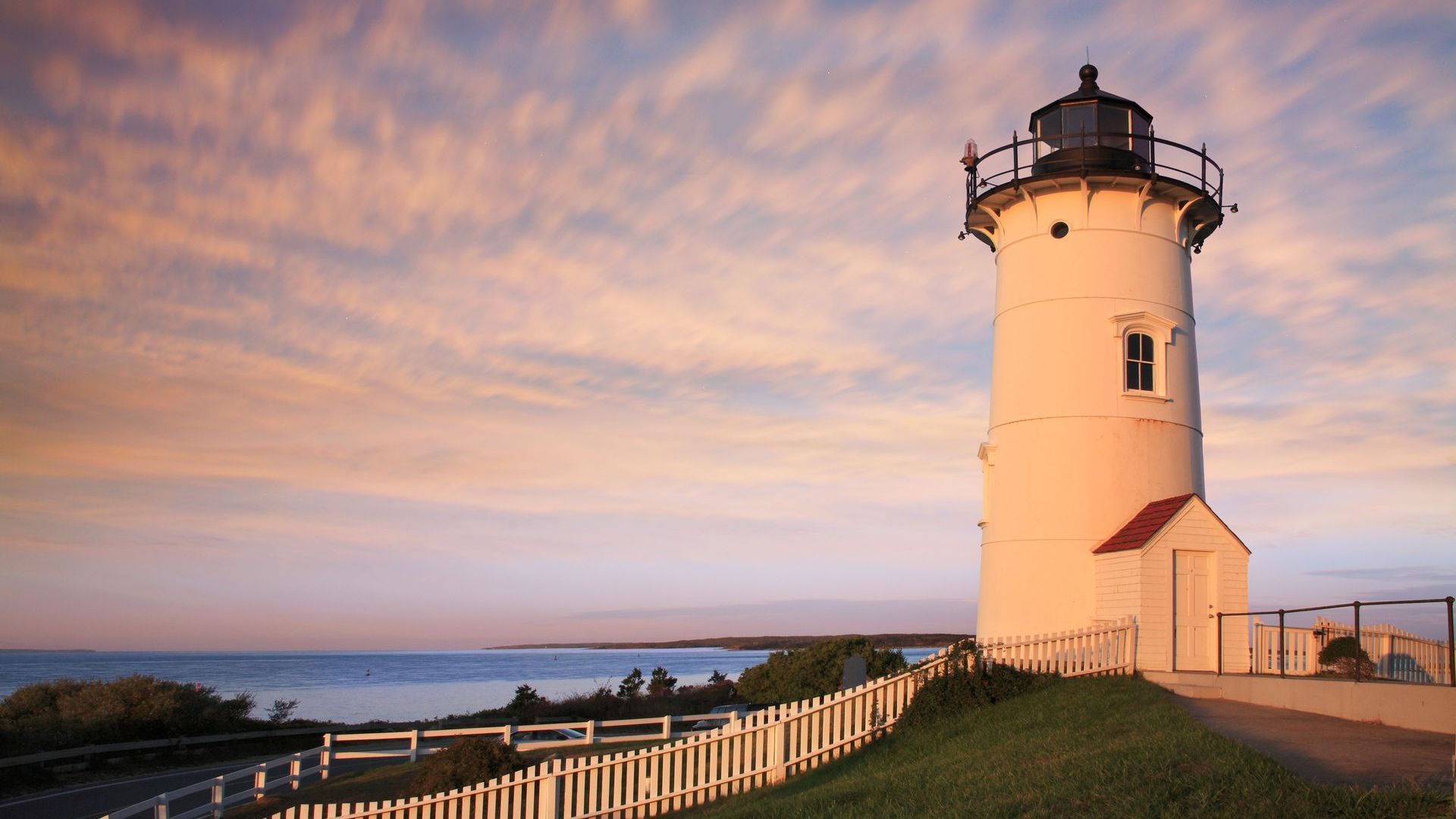
Dear Friends, Thank you for your ongoing support of GISC and for being such a vital part of who we are as a global learning community. This year, I have some important and exciting news to share. For many months, the GISC Board of Directors and I have worked together to develop a strategic vision to take GISC into the future. Our aim is for GISC to be the place that brings diverse individuals together, in community, online and in accessible in-person environments, for meaningful, transformative learning, so they can multiply their impact for larger systems change. We know this is achieved through relevant programming, experiences that are deep and build mastery over time, a focus on diversity, inclusion, and belonging – and by continuing to evolve as an organization. To this end, last month, the board made the strategic decision to put the Nevis Meetinghouse in Wellfleet up for sale and move our center of operations to Boston, Massachusetts. After the trials of Covid and the societal shifts we’ve seen since, it’s become clear that our greatest opportunities lie off-Cape, online, and in new places in the US and abroad. Making this decision is the best way we know to honor the legacy of our founders, Edwin and Sonia Nevis, and expand our important mission. While the building in Wellfleet has been a cherished physical home to many of us, it’s been the profound insights and lifelong relationships created there and elsewhere that are the most valuable treasure we share. Together, over many years, we’ve formed and re-formed community to hold our greatest hopes and aspirations as humans and professionals. “The Center” is indeed a community – it is you, our participants, members, supporters, faculty, and friends – not a physical space. This change will allow for greater accessibility and open up new opportunities for collaboration and partnerships in education, healthcare, and the helping professions. It will better enable thought leadership and our commitment to equity, diversity, and inclusion, expanding our impact in the world. While we understand that this news may bring sadness to some, we hope you will also join in our excitement for new ways of becoming all we can be – with all the creativity and liveliness that change can bring – while holding onto the essence of who we are and what makes GISC special. Please be a part of making this new vision a reality with your continued support and give generously to GISC this year. Your gift of $1,000 will place you in our Founders Circle, and every unrestricted gift of $125 or more includes a GISC membership. Our members are entitled to special perks and program discounts and will receive an invitation to our Virtual Town Hall to learn more and share thoughts on our vision for GISC. We also welcome gifts directed to our Scholarship Fund, Clinical Initiatives, DEIB work, Faculty Development – or your own area of interest.
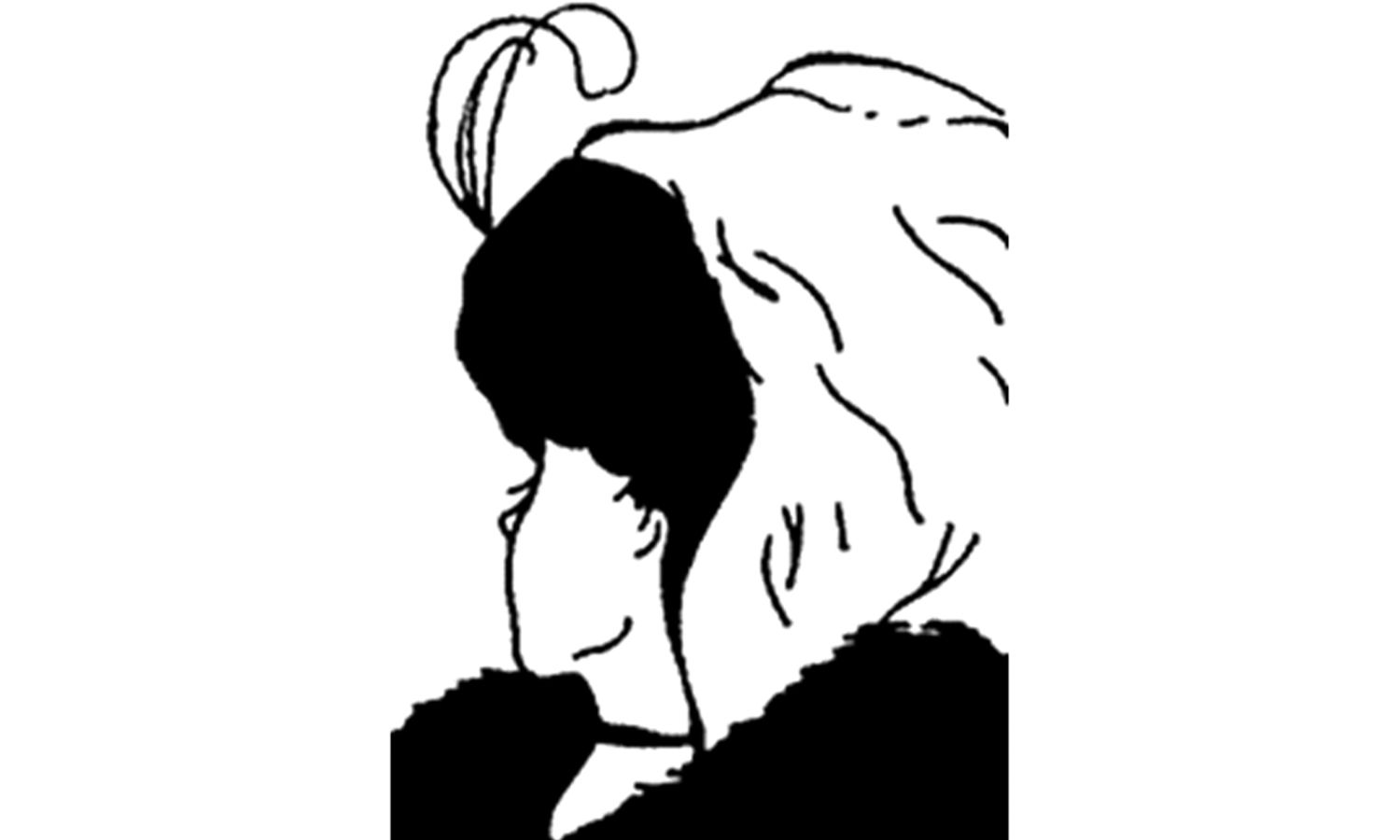
Lately, as I sit with clients, I have found myself exploring the experience of not knowing. It's notable because I have spent so much of my professional life wanting to learn and grow ...which necessarily involves knowing things. I assume we all do that. But as I said, I have been exploring "not knowing". I find I am enjoying "not knowing". Perhaps it's really the experience of not having to know. I think this is making me a better practitioner...therapist, coach, consultant. It provides me a lot of freedom. However, the road to "not knowing" has not been comfortable for me. It's too close to the experience of feeling "stupid". Perhaps turning 66 has helped. It brought to mind picture of the Old Lady and the Young Lady:

Dear Friends, We at GISC are grateful for you, our donors, members, and participants, for playing such a vital role in bringing GISC’s powerful Gestalt approach to so many, “transforming the way we live and work in the world.” Our community is the heart and soul of this organization, and we thank you. GISC is better poised than ever to reach more people and to make the kind of impact so needed in the world today. We’re taking our Gestalt Leadership Development training into more organizations and creating a clinical initiative to develop and promote new offerings for psychotherapists. We’re working to become more accessible, experimenting with delivery at central in-city locations and by optimizing our online presence. And we’re actively educating ourselves as a community on issues of diversity, equity, and inclusion, to grow as an organization and be a place where everyone called to this work feels they belong. The brilliance and legacy of GISC founders Sonia March Nevis and Edwin Nevis equipped us well to bring our own solutions to the problems individuals and organizations face today, and still, we must continue to develop ourselves and prepare new generations of coaches, leaders, and practitioners. As luminaries in the Gestalt world age, retire, or, sadly, pass away, we’re reminded of the imperative to carry this legacy forward, person to person. As 2022 draws to a close, we’d like to ask for your continued help in bringing GISC’s important work into the world. Your gift will support these and other initiatives: Faculty Development – to support our faculty community and offer advanced training. Equity, Diversity, Inclusion, and Belonging – to move GISC and those we train to a place of awareness, equity, and competence for living in a diverse and multicultural world. Scholarship Fund – so we can continue to provide scholarship assistance to those who need it. Clinical Initiative – to develop new offerings for mental health professionals. Virtual Delivery – to bring our rich GISC experiences to wider audiences online. Please give today to support our work and expand our global community. You can donate online by clicking the button below or by check via mail, directing your gift to your favorite initiative or to the general fund. Again, this year, we invite you to join our Founders’ Circle with your gift of $1,000 or more. All contributions of $125 or more will entitle you to a free GISC membership for 2023.

